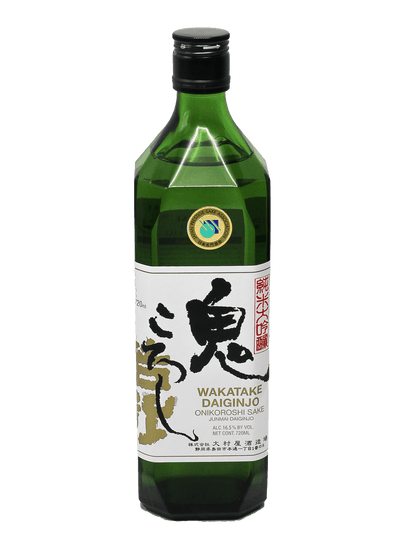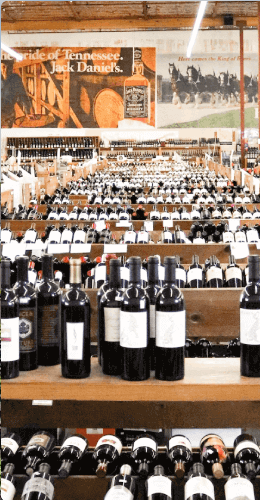Eminently Classy: The Cap Classique Wines of South Africa

South Africa is situated at the Antarctic end of the African continent, and wine has been an important part of this country's history and culture for over three centuries. South Africa is one of the oldest producers in what has come to be known as the “New World” of wine. And this includes sparkling wine.
Currently, it is the ninth largest wine producer in the world, where wineries closely follow international trends and have implemented the most advanced cultivation and winemaking techniques. Many years of research and experimentation have served to establish the best fit between the various microclimates and the specific varieties of the country's rich viticultural heritage.
"South Africa has such a diversity in conditions privileged for the growth of many grape varieties that produce wines of impressive quality and a marked 'South African' character that makes them unique. Friendly wines, with great fruit expression, fresh and versatile for pairing, which make them ideal for enjoying at a good table," comments one wine expert.
Although Pinotage is the emblematic grape of South Africa, other varieties such as Syrah, Chenin Blanc, Cabernet, Pinot Noir, and Chardonnay stand out, as do Bordeaux blends and Cap Classique; that is, sparkling wines made using the traditional Champagne method.
Cap Classique Sparkling Wines from South Africa
The Cap Classique Producers Association (CCPA) was founded in 1992 by a group of winemakers passionate about bottle-fermented sparkling wines made in the traditional method (Méthode Champenoise) using a variety of grapes.
Their goal is to promote South Africa's premium Méthode Cap Classique wines and establish Cap Classique as a recognized term both locally and internationally. The Association focuses on improving quality standards through technical criteria and organoleptic approval of base wines. Members share a commitment to community upliftment and use selected grapes from diverse Cape regions to create individual wine styles.
Whole bunch pressing and careful grape selection ensure the best quality. Base wines undergo tasting by members to ensure high standard. The must is fermented and matured in cellars for at least twelve months. Some members allow for longer yeast contact time depending on their house style. After riddling and disgorging, wines mature on the cork for integration and balance. As with Champagne and Cava, sugar levels can vary.
The Association notes that “the demi-sec and nectar market is growing” although the Brut style is the overall leader. “The number of producers choosing to label their products as nectar is increasing, as this nomenclature frees winemakers from the stricter confines of demi-sec, which is closely defined as containing 32-50 grams of sugar per liter.” South African sparkling winemakers are responsive to market demand. “Recognizing the gap in the market, many more wine farms are bringing out a demi-sec or nectar.” This dedication to quality that pleases palates is evident in every bottle of Cap Classique.
How Good are the Cap Classique Wines of Graham Beck?
No better ambassador of South African Cap Classique wines exits than Graham Beck. He has a decades long track record of innovation with sparkling wine and produces great bang for your buck.
Try the Graham Beck Brut Rose, which, when you order wine online, is less than $19 a bottle and scored 90 points from Decanter. You will encounter “a lovely creamy red fruit and apple character, with a rich mousse and brioche finish. It has a vibrant raspberry acidity and a long finish.” This beautiful rose-hued sparkler is a non-vintage blend of Chardonnay and Pinot Noir.
The Graham Beck Brut also garnered 90 points from both Decanter and Wine Advocate. “The palate is lively on the entry with crisp acidity, citrus peel on the entry with a terse but very focused finish,” says the latter. Graham Beck Brut was chosen as the celebratory sparkler at the election of the first democratically elected president of South Africa, Nelson Mandela, and was also poured after Barack Obama’s acceptance speech in 2008. Beck celebrated 40 years of making Cap Classique in 2023.


















Leave a comment